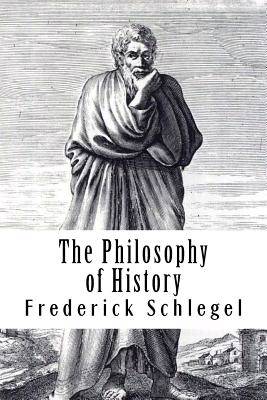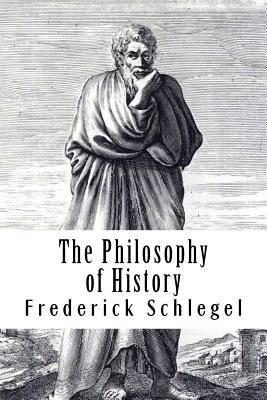
- Afhalen na 1 uur in een winkel met voorraad
- Gratis thuislevering in België vanaf € 30
- Ruim aanbod met 7 miljoen producten
- Afhalen na 1 uur in een winkel met voorraad
- Gratis thuislevering in België vanaf € 30
- Ruim aanbod met 7 miljoen producten
Zoeken
€ 22,45
+ 44 punten
Uitvoering
Omschrijving
A regular history of the life of our Saviour, recounted like any other historical occurrence, would in my opinion be out of place in a philosophy of history. The subject is either too vast for profane history, or in its first beginnings too obscure, whether we consider its internal importance, or in a mere historical point of view, its outward appearance. A thinking, and in his way well-thinking Roman, when he had obtained a more accurate knowledge of the life of our Saviour from the accounts of the Roman Procurator, or other Roman dignitaries in Palestine, might have expressed himself respecting the whole transaction in the following terms: "This is a very extraordinary man, endued with wonderful and divine power, [for such vague and general admiration might well be indulged in by a Heathen, who yet adhered to the fundamental doctrines of his ancestral faith, ]-a man, who, he would continue to say, has produced a great moral revolution in minds, and was, according to the most credible testimony, of the purest character and most rigid morals, who taught much that was sublime on the immortality of the soul and the secrets of futurity; but who was accused by his enemies, and delivered over to death by his own people." Such, perhaps, would have been the judgment of a Tacitus, had he drawn his information from better and less polluted sources. So long however as all these transactions were confined to the small province of Judea, the soundest and best constituted Roman mind could have scarcely felt a more than passing regret at the perpetration of so signal an act of private injustice; and would, in other respects, have not regarded it as an event which could, in a Roman point of view, be termed historical, or worthy to occupy a place in the more extended circle of his own world.
Specificaties
Betrokkenen
- Auteur(s):
- Uitgeverij:
Inhoud
- Aantal bladzijden:
- 126
- Taal:
- Engels
Eigenschappen
- Productcode (EAN):
- 9781508532439
- Uitvoering:
- Paperback
- Formaat:
- Trade paperback (VS)
- Afmetingen:
- 152 mm x 229 mm
- Gewicht:
- 176 g

Alleen bij Standaard Boekhandel
+ 44 punten op je klantenkaart van Standaard Boekhandel
Beoordelingen
We publiceren alleen reviews die voldoen aan de voorwaarden voor reviews. Bekijk onze voorwaarden voor reviews.











